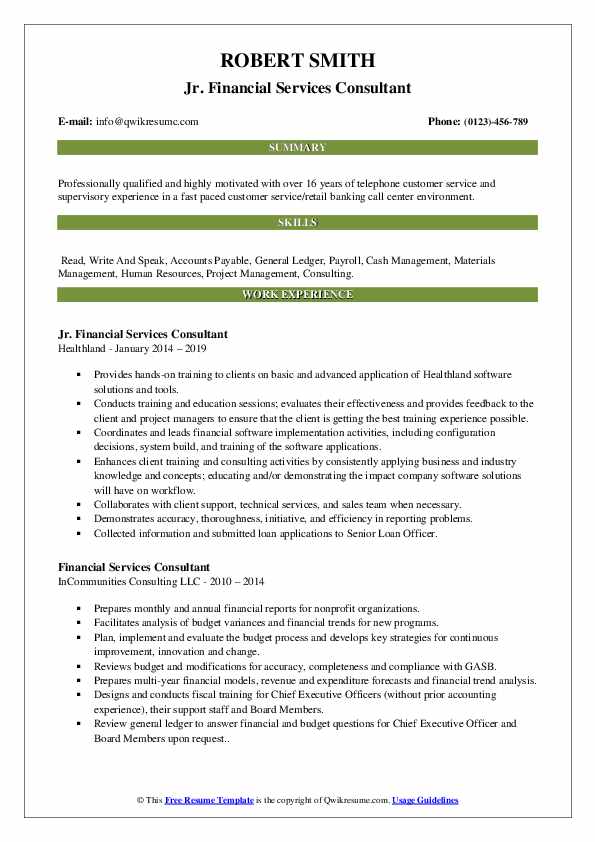
These are the skills that you will need to be a successful manager of customer satisfaction. They include: Customer-focus, Resilience, and Ability to create relationships with customers. You will also find a wide range of job opportunities in this role. Read on to find out more.
Management skills needed to be a customer success manager
In recent years, the customer success manager role has become more popular and is being hired by more companies. It is possible to specialize in both commercial and product aspects. Others focus more on best practices. These skills are important regardless of your job title.
Customer success managers need excellent communication skills. They need to be able to communicate effectively with other departments and customers alike. It is essential to be able to identify customer needs and promote the benefits of a product/service. You will be working with other departments and teams, and dealing with customers every day.

Resilience
The key ingredient to a successful business is resilience. It helps people make tough decisions, expect the unexpected, and remain calm even when emotions are running high. This trait is also necessary for working well in customer success teams. Vodafone's study revealed that almost 90% of respondents believed that being resilient was essential for their careers.
Customer Success managers need to have resilience in order to manage the customer experience and improve it. They must also build the necessary resilience to deal with setbacks, and be able to adapt and pivot to meet customer needs. This is especially true for crisis management where teams must perform well despite many challenges.
Ability to build relationships with customers
The ability to build strong relationships with customers is one of the most important attributes a customer success manager must possess. It is vital to understand the needs of your customers and to think on your feet. You should be following up with potential customers as a manager of customer satisfaction. You never know who they may be searching for the solution to their problem. A manager must not only build relationships with customers but also be analytical and resilient. Knowing data from behaviors, buying patterns, and demographics will help you better understand how to best help customers.
You should be able foster customer relationships and keep them coming back to your business as a manager of customer satisfaction. This is possible by building strong executive relationships and managing these relationships across a broad range of companies. This will result in a better customer base.

Employment opportunities
In a Customer Success Manager job, you will oversee the customer experience and ensure that the company's customers have a positive experience. This role is responsible to define the Customer Success function, develop processes and best practices, as well as achieving retention goals and growth. Customer Success Managers must be highly detail-oriented and have a track of success. It is also important to have experience working with complex, large organizations. The successful candidate will also be able to establish and maintain relationships with customers, implement a value realization plan, identify account risks, and manage risk.
Customer success managers can increase customer retention as well as upsell new features to customers, which can translate into increased revenue. This role can help them improve the brand image of their company.
FAQ
Why do you need consultants?
You might need consultants for a variety of reasons.
-
An organization might have a particular problem or project that requires solving
-
You want to increase your skills and learn something new
-
You'd like to work in conjunction with an expert in a specific field
-
The task is yours alone.
-
You feel overwhelmed with all the information you see and don’t know where it is.
-
You can't afford to pay someone full-time
You can find good consultants by word of mouth. Ask your friends and colleagues if they know of any trustworthy consultants. Ask someone you already know to recommend a consultant.
If you're interested in using online directories, such as LinkedIn, you can use the "Search People” feature to find consultants near your location.
How did modern consultancy become possible?
Consultants were originally accountants who could help companies manage their financial affairs. They were able to manage financial information and became "accounting experts". The role soon expanded to include other areas, including human resources management.
The French word meaning "to advise" in French is what gave rise to the term "consultant". This term was originally used by businessmen to denote someone who could give guidance on how to run an enterprise. Even today, many business owners still use "consultant" when referring to professional advisors.
What are the benefits of consulting?
As a consultant, you can usually choose when you work and what you work on.
This allows you the freedom to work wherever you like, whenever you want.
It also means you can easily change your mind without worrying about losing money.
You can finally control your income and create your own schedule.
Statistics
- According to IBISWorld, revenues in the consulting industry will exceed $261 billion in 2020. (nerdwallet.com)
- Over 50% of consultants get their first consulting client through a referral from their network. (consultingsuccess.com)
- My 10 years of experience and 6-step program have helped over 20 clients boost their sales by an average of 33% in 6 months. (consultingsuccess.com)
- Over 62% of consultants were dissatisfied with their former jobs before starting their consulting business. (consultingsuccess.com)
- So, if you help your clients increase their sales by 33%, then use a word like “revolution” instead of “increase.” (consultingsuccess.com)
External Links
How To
How to find the best consultant
The first thing to do when looking for a new consultant is to ask yourself what you want from him/her. Before you start looking for someone to work with, it's important that you know your expectations. It is important to make a list with all the requirements you have for a consultant. These could include professional expertise, technical skills and project management abilities, communication skills, availability, and other things. After you have listed your requirements, it might be a good idea to ask colleagues and friends for their recommendations. Ask them what their experience with consultants was like and how they compare to yours. Try searching online for recommendations if you don’t have any. You will find many websites such as LinkedIn, Facebook Angie's List, Indeed and Indeed where people can leave reviews about their past work experiences. Take a look at comments and ratings from others, and use that data to find potential candidates. Finally, once you've got a shortlist of potential candidates, make sure to contact them directly and arrange an interview. In the interview, discuss your needs and ask them for their suggestions on how you can achieve them. It doesn't matter if they were recommended to your company; all that matters is that they are able to understand your business goals and show how they can help.